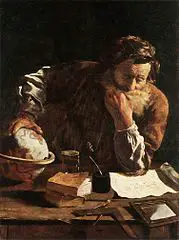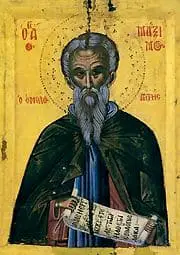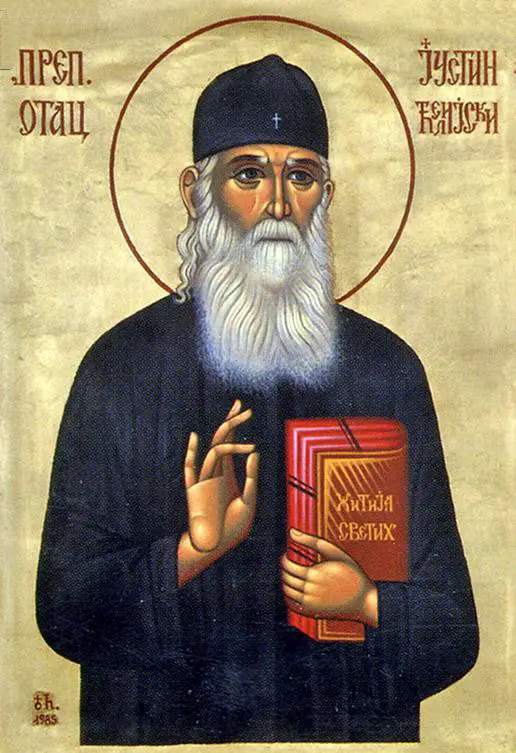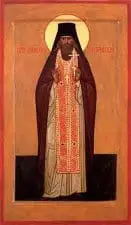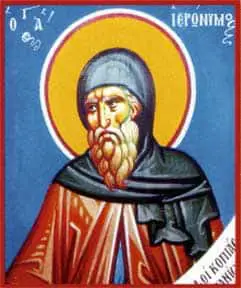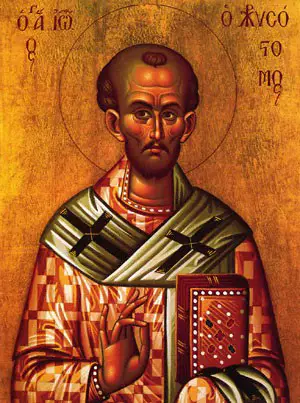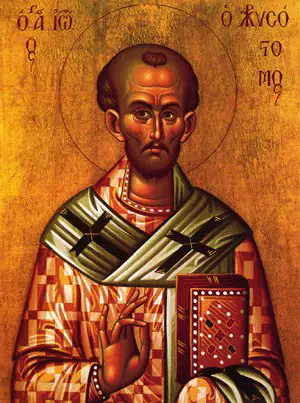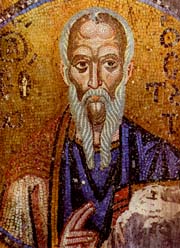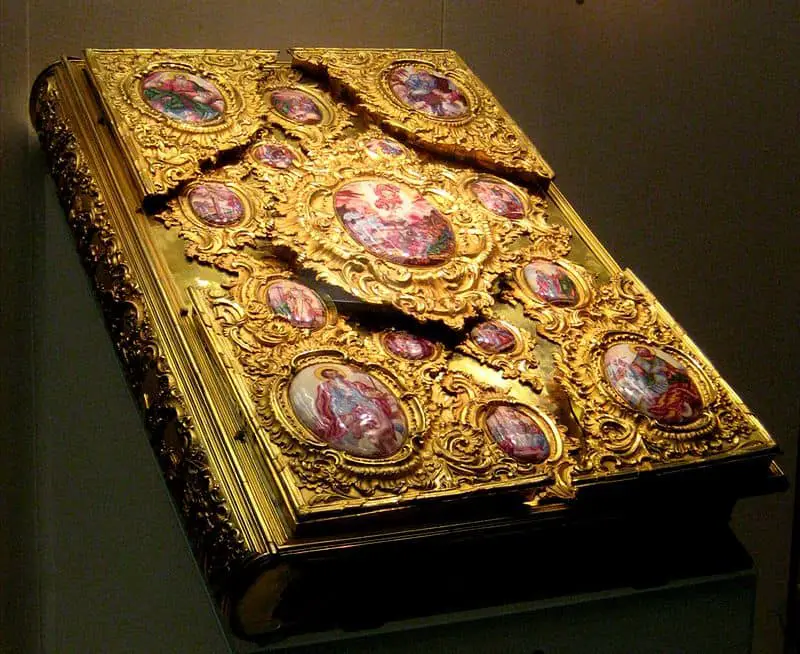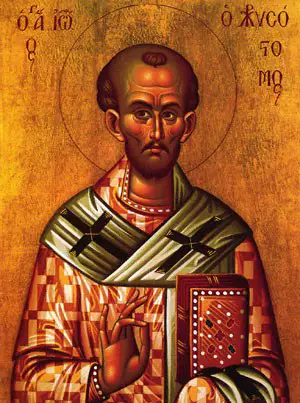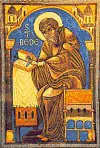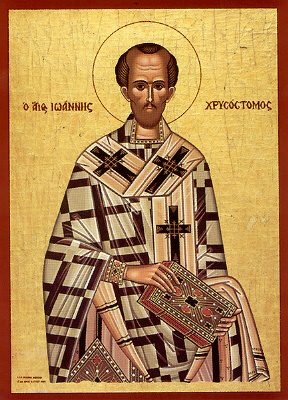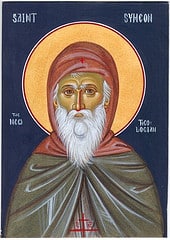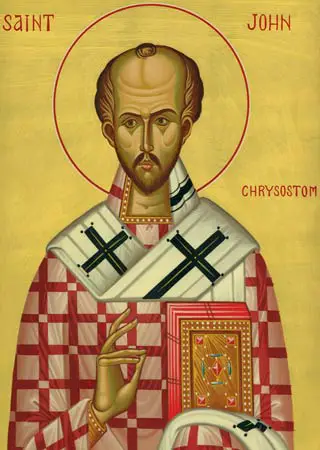St. Sebastian Dabovich: If you are truly interested in the welfare of your children . . .
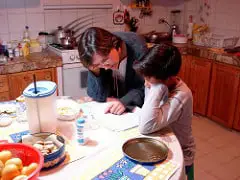
If you are truly interested in the welfare of your children, why do you not watch as strictly, but once a week, how they attend to their lessons in the study of the Law of God, as you do in some home-work, which the children seemed to be forced to have prepared within the next twelve hours for their public school? You must obey God, above the public and all other masters, or lose your souls for the responsibility which rests upon you for the present and future welfare of your children.
Where there is intellect, there always will be knowledge. Still, you must educate the child. Teach the boy and girl geography and history; but if you do not train the child’s will, in order not only to please you, its parents, but to bend before the holy will of Him, who is the only just rewarder of good and evil, then you are a failure as a Christian. Where there is no discipline, there is no constancy.
+ St Sebastian Dabovich, “On the Education of Children,” Preaching in the Orthodox Church: Lectures and Sermons by a Priest of the Holy Orthodox Church

